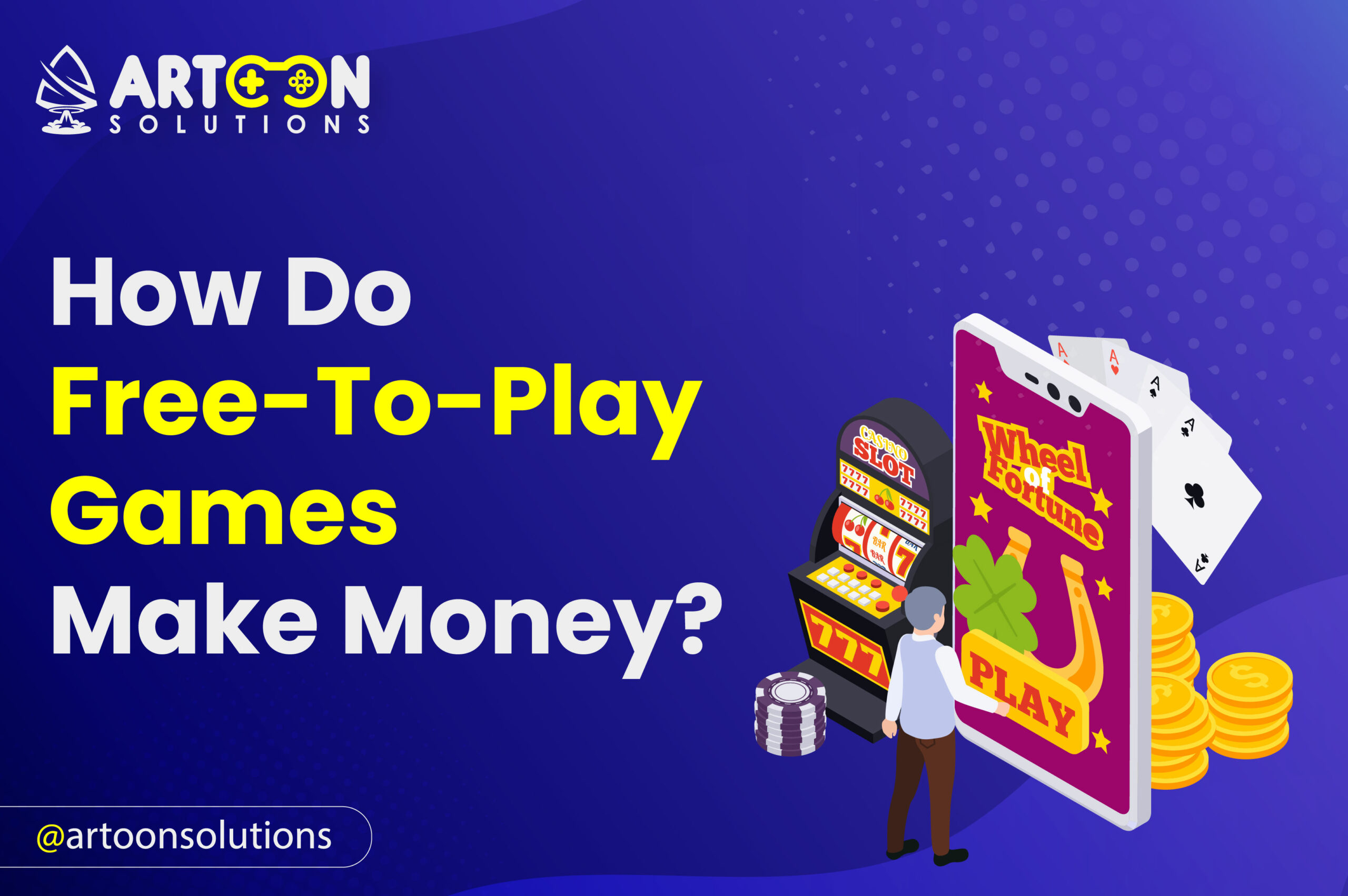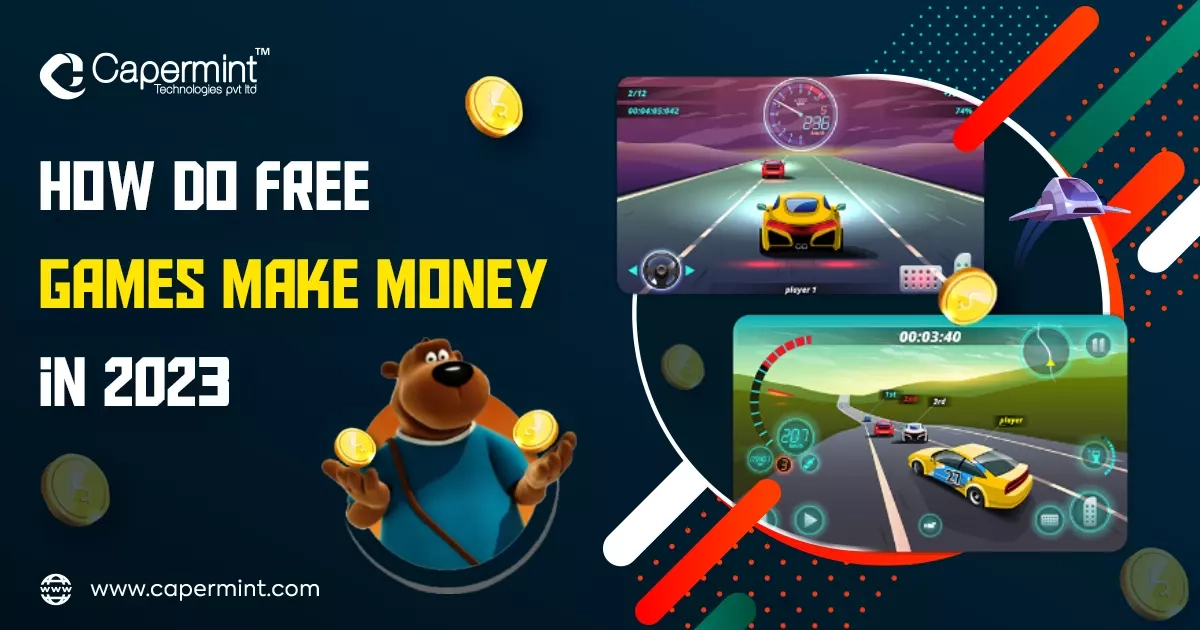Why Play-to-Earn Games Are the Future of Online Amusement
The emergence of play-to-earn video games is improving the on the internet home entertainment landscape by integrating financial motivations that enable players to monetize their engagement in immersive digital atmospheres. This design, underpinned by blockchain technology, not just boosts player satisfaction via substantial benefits but additionally promotes a sense of area and ownership (play to earn games).
The Rise of Play-to-Earn Versions
Over the last few years, the concept of play-to-earn versions has gotten significant grip, transforming the landscape of on-line enjoyment. This innovative strategy enables players to produce real-world income via their participation in pc gaming communities. Unlike traditional video gaming models that mostly focus on enjoyment and consumerism, play-to-earn games integrate blockchain innovation to enable players to earn copyright or electronic properties that hold innate worth.
The rise of these models can be credited to a number of elements, consisting of improvements in innovation, the raising acceptance of cryptocurrencies, and an expanding desire among players for even more satisfying experiences. Gamers are no longer just easy customers; they are active participants that can monetize their abilities and time (play to earn games). This shift has produced brand-new opportunities for game designers to craft immersive experiences that incentivize involvement and creativity
Additionally, the international pandemic has actually accelerated the rate of interest in on the internet pc gaming as a viable income, further solidifying the charm of play-to-earn frameworks. Because of this, a varied array of games across different categories is arising, each offering one-of-a-kind technicians and rewards. The play-to-earn model is poised to redefine the gaming industry, fostering a community-focused atmosphere where players can flourish both socially and economically.
Economic Rewards for Players
Making concrete benefits has become a major driving force behind the appeal of play-to-earn video games, bring in a varied gamer base excited to utilize on their pc gaming abilities. Unlike standard video gaming designs, where players spend effort and time without economic return, play-to-earn video games use a special financial framework that allows gamers to monetize their gameplay.
In these settings, gamers can make cryptocurrencies, non-fungible tokens (NFTs), or in-game assets that can be traded or marketed on different markets. This direct financial reward not only enhances gamer involvement however likewise fosters a feeling of possession over their digital assets. Gamers are inspired to invest more time and power into gameplay as their skills convert right into real-world value.

Community Involvement and Development
A vivid area is necessary for the success and durability of play-to-earn games, as it fosters cooperation, expertise sharing, and player retention. Active involvement amongst players boosts the pc gaming experience, motivating them to form partnerships, share approaches, and take part in discussions. This cumulative participation not only supports a sense of belonging but additionally drives players to spend more time and sources into the video game.
Additionally, neighborhoods frequently come to be centers for content production, with players creating tutorials, fan art, and gameplay video clips. Such contributions intensify the game's visibility and draw in new gamers, thereby promoting organic development. Developers can utilize neighborhood responses to refine gameplay technicians and address issues, making gamers feel valued and bought the video game's development.
Furthermore, community-driven events, such as events and collective goals, offer possibilities for players to showcase their abilities and earn benefits, reinforcing their commitment to the video game. As gamers form much deeper links with one another, commitment to the video game increases, establishing a lasting ecosystem that benefits both gamers and wikipedia reference programmers. Hence, community interaction is not simply a device but a cornerstone for the successful future of play-to-earn video games.
Integration of Blockchain Innovation
The combination of blockchain modern technology is transforming how play-to-earn games run, boosting both gamer experience and economic practicality. By using decentralized journals, blockchain makes certain that in-game assets are securely had by players, permitting real possession of electronic items. This contrasts sharply with conventional video gaming designs, where gamers spend money and time without maintaining any kind of claim to their in-game achievements.
Smart agreements, a crucial part of blockchain, automate purchases and implement game regulations transparently. This lowers the danger of scams and enhances trust in between gamers and designers. Players can trade, sell, or rent their electronic assets in additional markets, developing real-world financial chances that were previously unattainable in standard pc gaming environments.
Moreover, blockchain innovation cultivates a vibrant environment where programmers can incentivize player involvement via token rewards. This ingenious financial version empowers players, aligning their passions with video game developers, and eventually leading to even more interesting and sustainable video gaming experiences.
Future Fads in Pc Gaming Industry
Rapid improvements in modern technology are positioned to improve the pc gaming industry in the coming years, with several essential patterns arising as frontrunners. One noticeable fad is the surge of immersive technologies, such as virtual reality (VR) and enhanced truth (AR), which are readied to redefine player experiences by producing a lot more interactive and interesting settings. As equipment capacities boost and sets you back reduction, these modern technologies will certainly end up being a lot more obtainable to a more comprehensive target market.

Additionally, the play-to-earn version is anticipated to gain traction, empowering players to monetize their video gaming skills and time. This paradigm shift will certainly not just bring in a brand-new group of players yet also foster a more sustainable gaming community. Collectively, these trends represent a transformative age for the video gaming market, where innovation and player engagement converge to create unrivaled home entertainment experiences.

Conclusion
Play-to-earn games are positioned to transform on-line entertainment by promoting financial motivations that enhance player involvement and ownership. The combination of blockchain innovation not just facilitates the monetization of video gaming experiences yet also cultivates dynamic communities. As the gaming landscape continues to advance, the focus on active involvement and economic benefits will likely drive better innovation, solidifying the role of play-to-earn designs as a considerable pressure in the future of the pc gaming sector.
Unlike traditional gaming models that mainly concentrate on home entertainment and consumerism, play-to-earn video games integrate blockchain innovation to make it possible for gamers to make copyright or electronic possessions that hold innate worth.
The look at more info play-to-earn design is poised to redefine the video gaming market, promoting a community-focused environment where players can thrive both socially and financially. play to earn games.
As players create much deeper links with one an additional, loyalty to the game increases, establishing a lasting ecological community that profits both gamers and designers.Moreover, the play-to-earn version is anticipated to get traction, empowering gamers to monetize their pc gaming skills and time. Collectively, these fads indicate a transformative age for the video gaming industry, where modern technology and gamer interaction converge to develop unmatched enjoyment experiences.